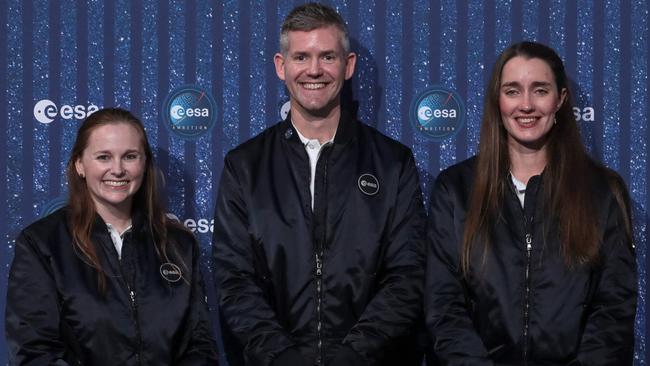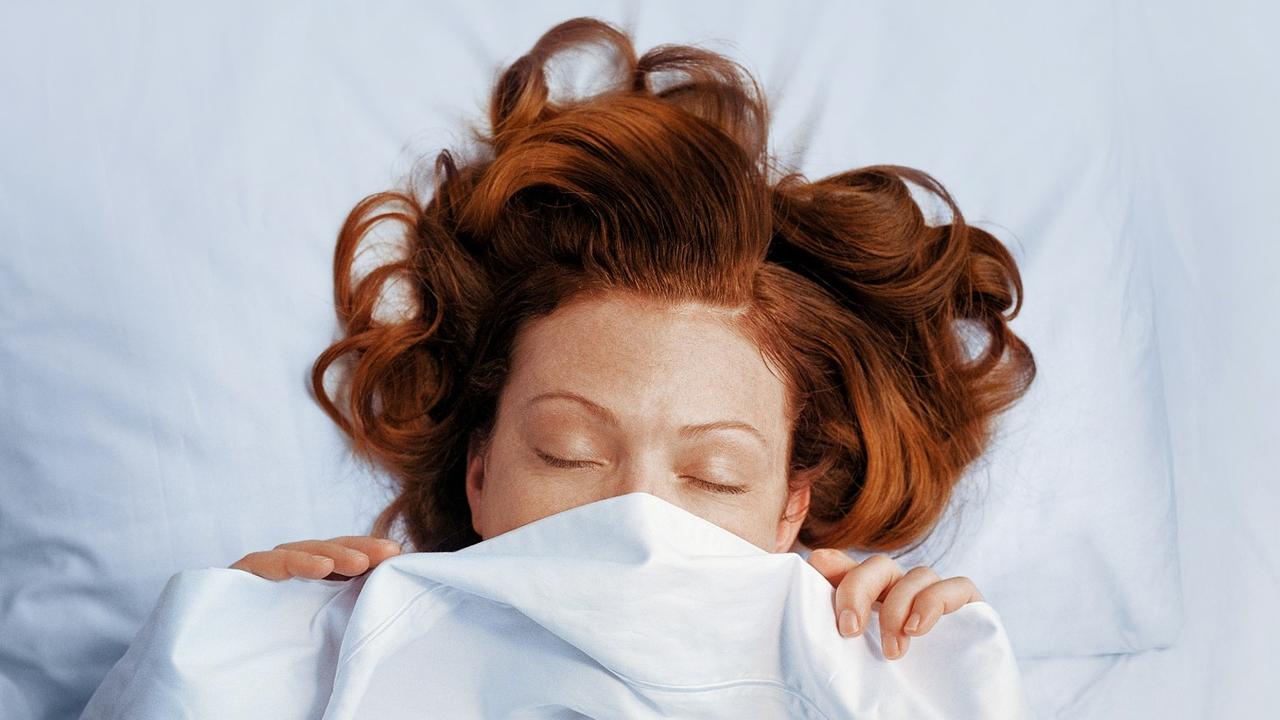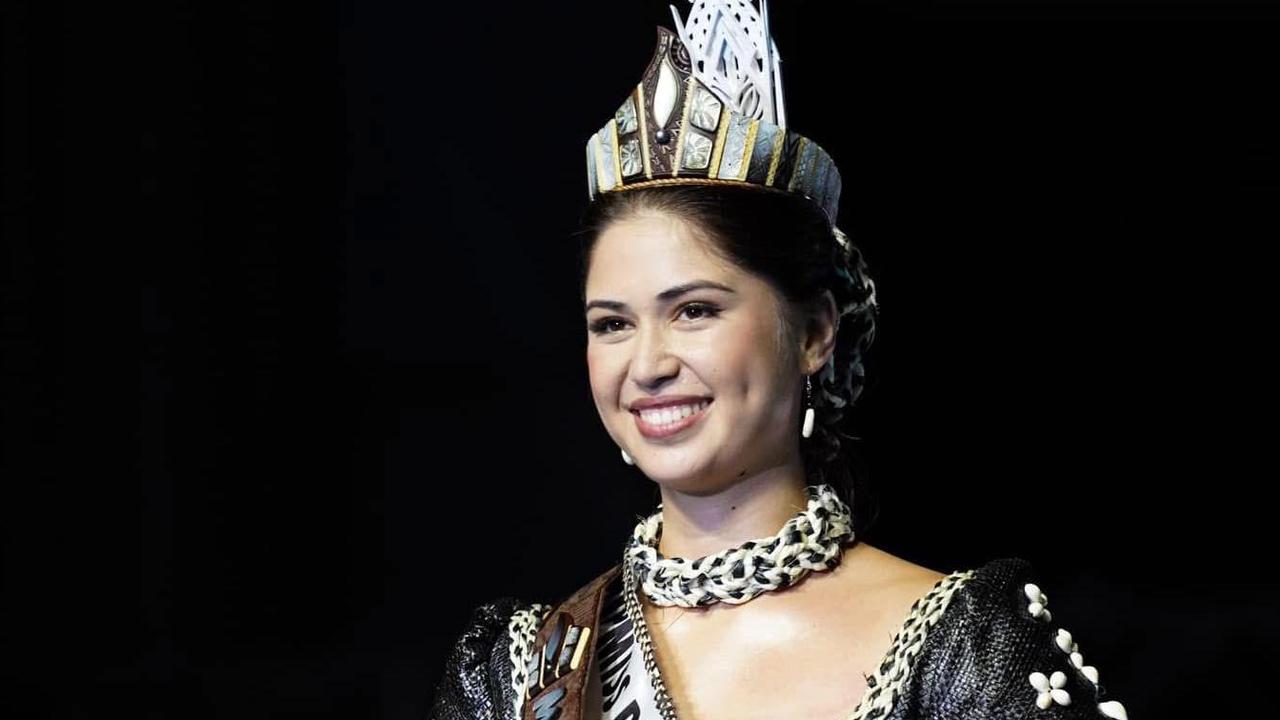World’s first para-astronaut joins the space race
A former Paralympian, an astrophysicist and a chemist who studied in Sydney have been selected as astronauts by the European Space Agency.

Britain has its first new astronauts in more than a decade after a former Paralympian, an astrophysicist and a chemist who studied in Sydney were chosen from among 22,000 applicants by the European Space Agency.
John McFall, 41, is a former sprinter who took bronze in the 100m at the 2008 summer Paralympics. He has been named as the world’s first “para-astronaut” and will take part in a feasibility study to assess the challenges of sending someone with a physical disability into space.
His right leg was amputated above the knee after a motorcycle accident in 2000 when he was 19. He is married with three children, has a degree in medicine and is studying for his surgeon’s exams.
“With my broad scientific background and vast range of experiences, I felt compelled to try and help ESA [the European Space Agency] answer this question: can we get someone with a physical disability to do meaningful work in space?” he said. “I can bring inspiration – that science is for everyone [and that] potentially space is for everyone.”
Rosemary Coogan, who was born in Northern Ireland, has become Britain’s first full-time “career astronaut” since Tim Peake was announced in 2009, and she could be among the first European astronauts to walk on the moon.
Ms Coogan, 31, studied physics and astronomy at Durham University and received a PhD from the University of Sussex after spending time as a Royal Navy reservist during her studies. She works at the National Centre for Space Studies in Paris.
“Space has always fascinated me,” she said. “My current job is actually to look at how galaxies grow and evolve with time, but I applied to the space program because I wanted to get hands-on with contributing and learning the most we can from space.”
Ms Coogan will start training in April. She said after her selection: “It feels as though we’ve been tested on everything imaginable, from physics and maths skills to memory, psychology, interaction with others, medical, enthusiasm.”
Meganne Christian, 34, who was born in Kent to parents from New Zealand, will be in the “astronaut reserve” pool of people who will remain in their day jobs but could be called on for future missions.
She has a PhD in industrial chemistry from the University of NSW in Sydney, where she moved when she was five. She has British, Italian, Australian and New Zealand citizenship and has worked in Antarctica.
Asked if she would like to do science on the moon, Christian said: “That is a very easy question to answer: absolutely, yes.”
It is likely to take several years of training before Ms Coogan, Mr McFall or Ms Christian make their first space flight.
There were 2000 British candidates among the 22,000 who applied, with applicants asked to have at least a master’s degree in natural sciences, medicine, engineering, mathematics or computer sciences, or a qualification as an experimental test pilot.
Applications were submitted last year, before a six-step selection process involving screening, psychological, practical and psychometric testing and two rounds of interviews.
Their training will begin in Cologne and will involve underwater training, learning how to deal with weightlessness, operating robotic arms and lessons in physics.
The Times


